DBT mindfulness skills are the base for all other skills. Being aware of our body sensations, emotions and thoughts helps us respond instead of react. Mindfulness also helps us understand where our behaviors and triggers are coming from. Mindfulness is all about living in the present moment instead of the past or future. There are three skills to follow when knowing what to do to be mindful in DBT.
Observe
This skill is about observing without describing, labeling, judging or making assumptions. An example of this is noticing when a thought comes into your mind and then watching it leave. There's a skill called Thought Defusion that's very useful for intrusive thoughts. Imagine your thoughts coming into the sky as clouds and then watch them be swept away by the wind. Or imagine them entering a stream and then floating down the stream away from you. Simply notice what's happening around you, in your body, your thoughts and your emotions. Don't judge them and don't judge your judging.
Describe
This skill is about putting words on what you've observed. A great exercise to practice this is describing a penny or other coin. Ask yourself these questions:
- What does it look like? The color, shape, designs on each side.
- What does it smell like?
- What does it feel like?
Identify a thought as just a thought and an emotion as just an emotion. And remember, thoughts and feelings are not facts. Just because you feel worthless doesn't mean that you are.
Participate
This skill is about completely throwing yourself into the moment. For example, when having a conversation with someone, just listen. Don't think about how they might be judging you or what you want to say next. Instead of ruminating on the past or worrying about the future, participate fully in the present moment. Practice this skill by participating in everyday activities like doing the dishes or taking a shower.




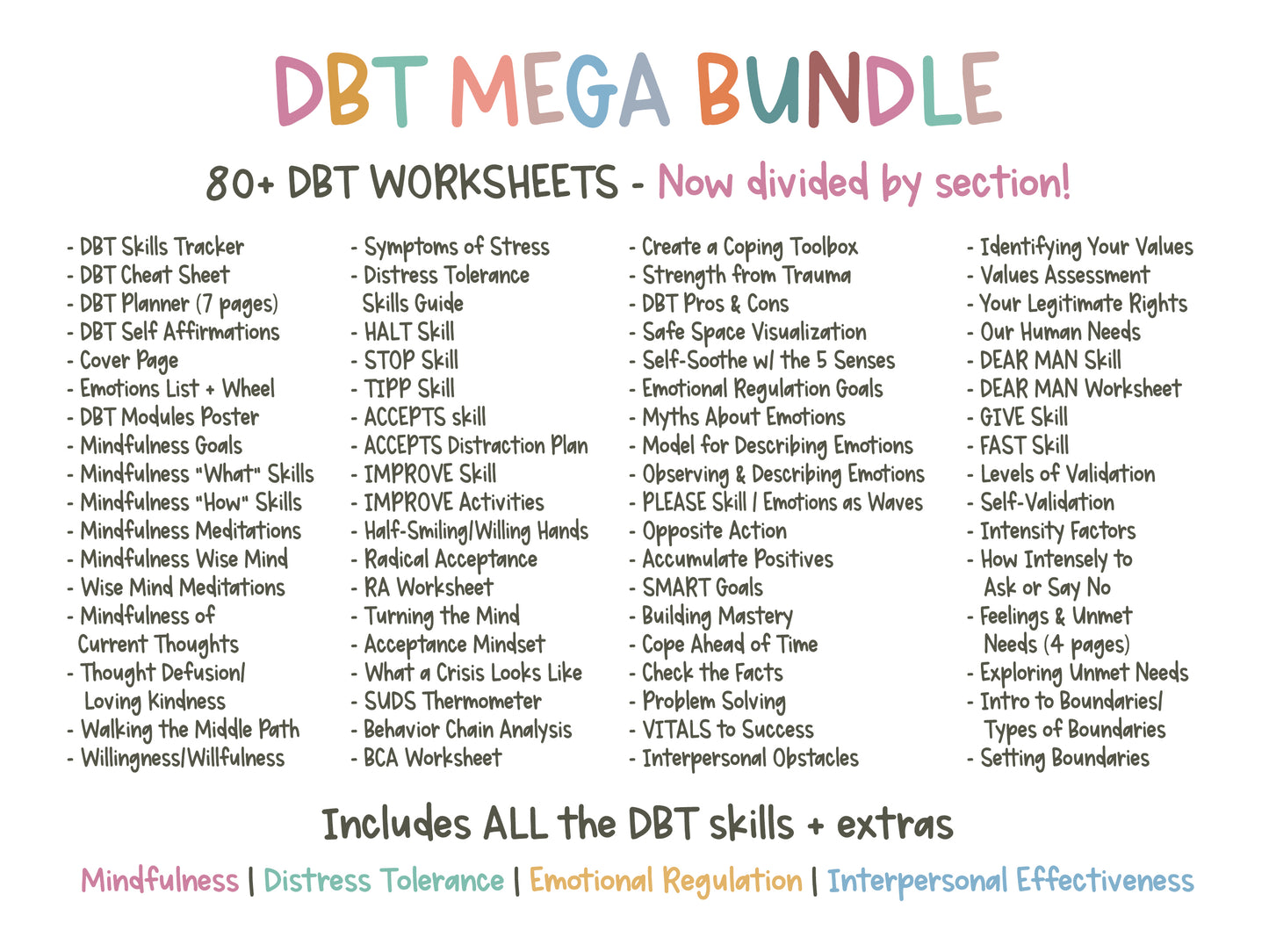
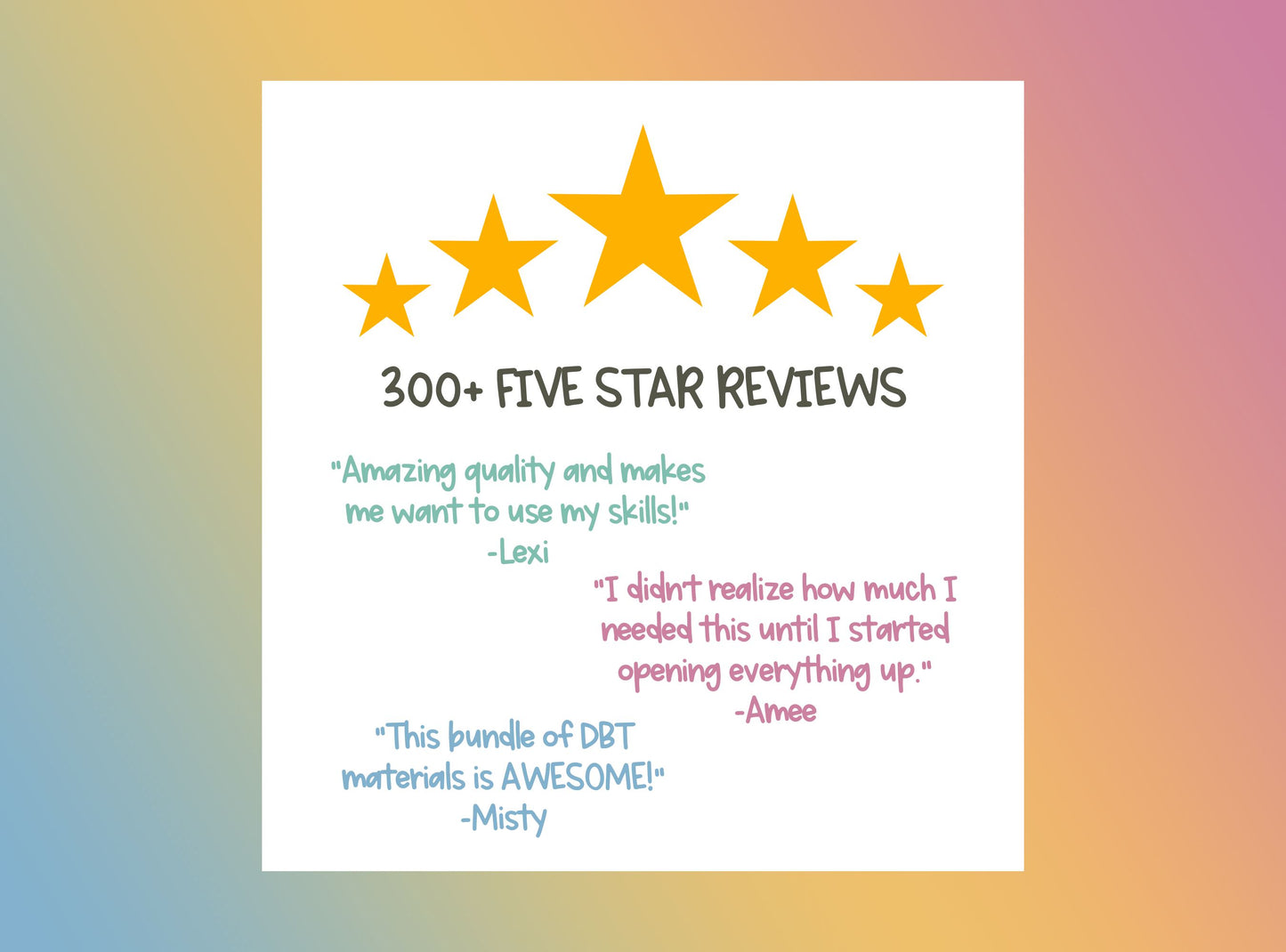
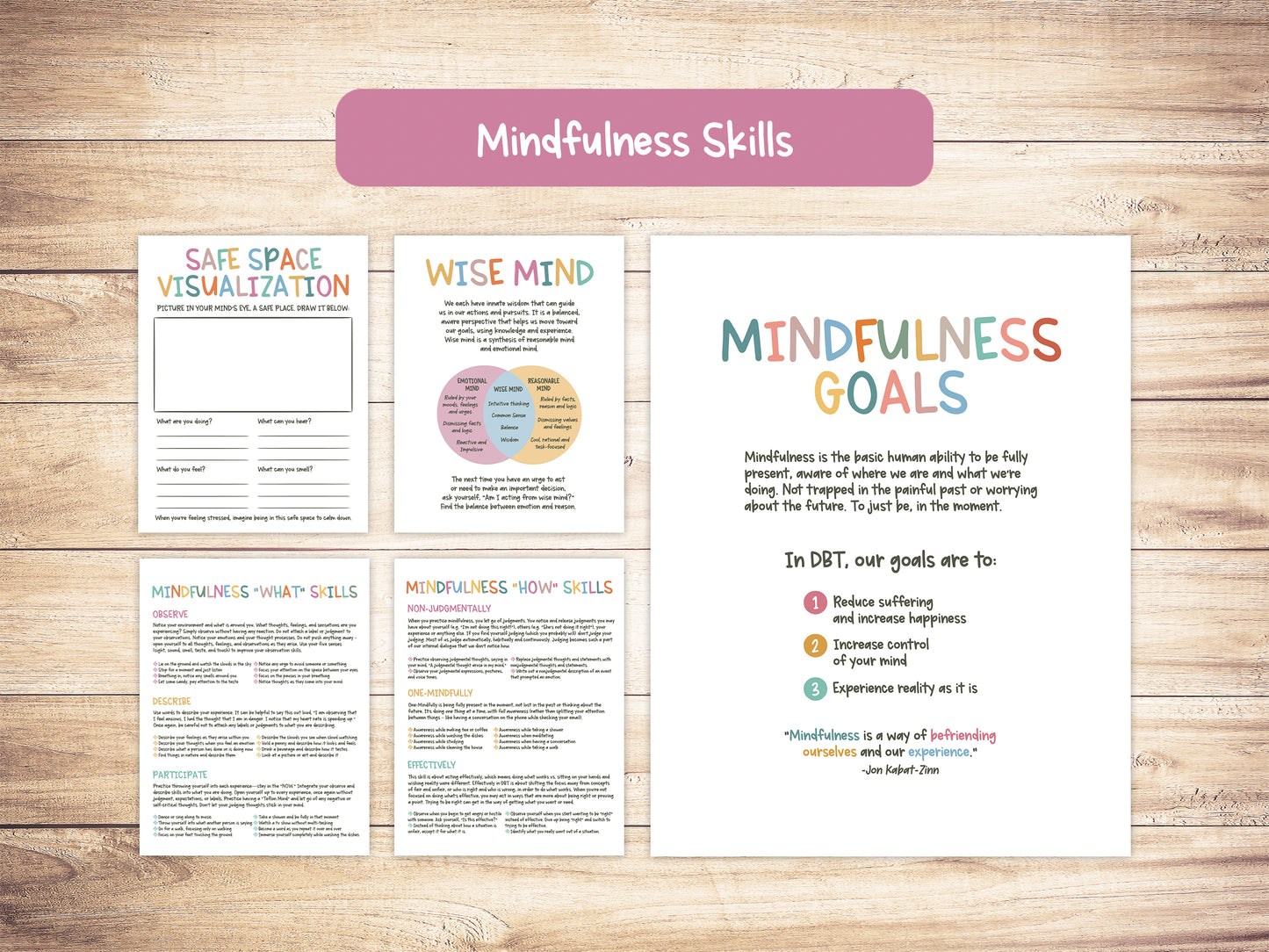
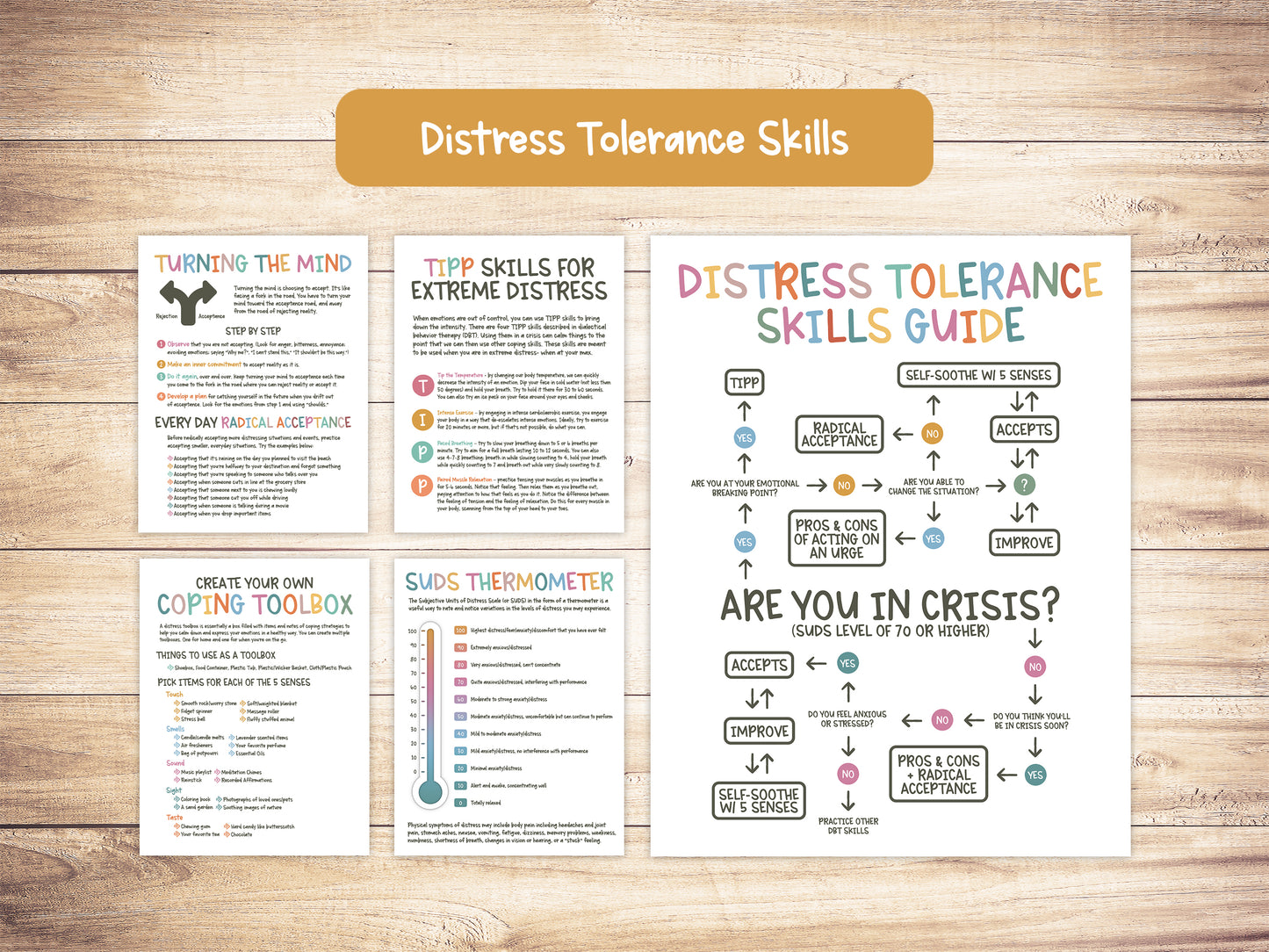
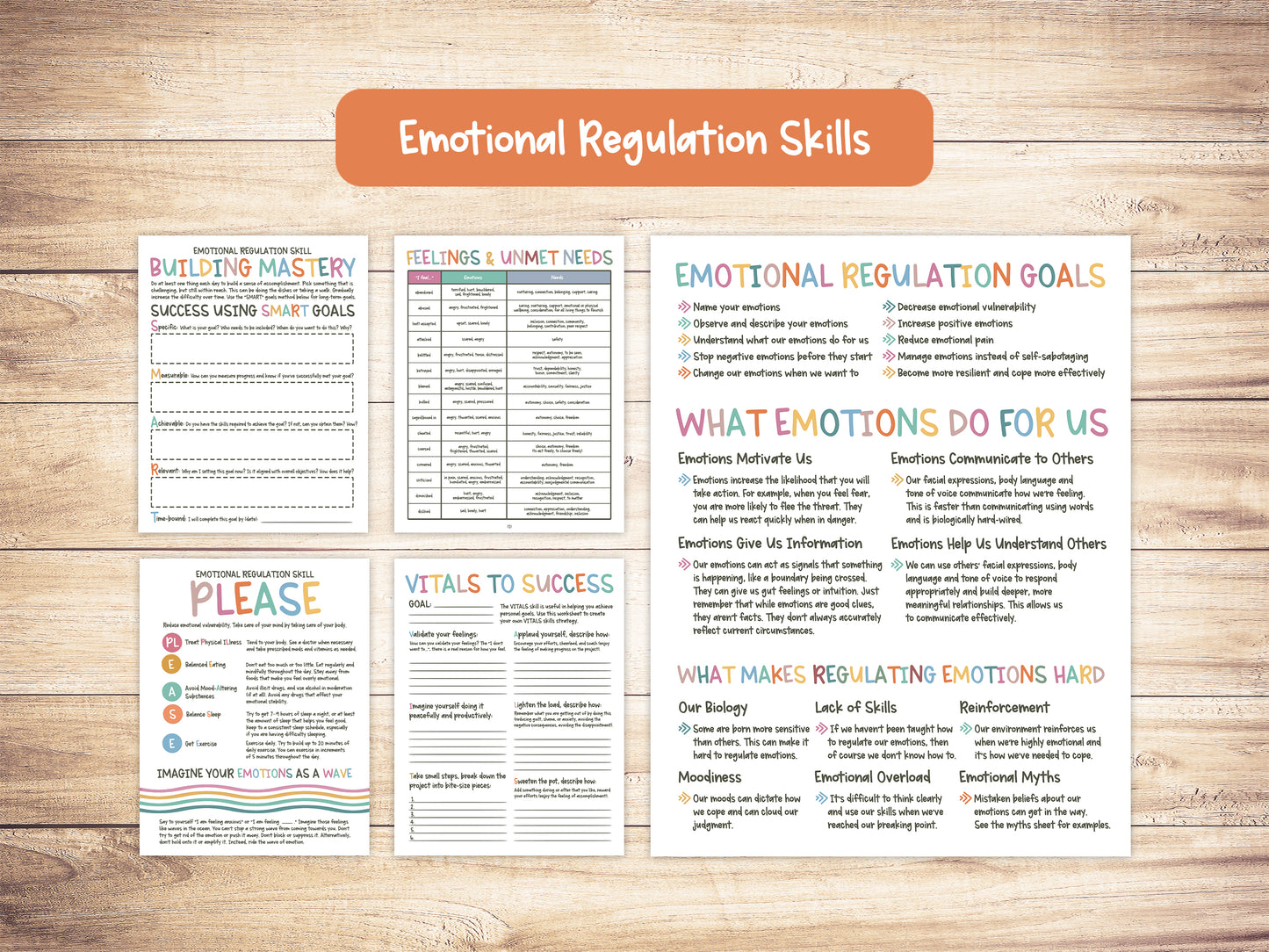
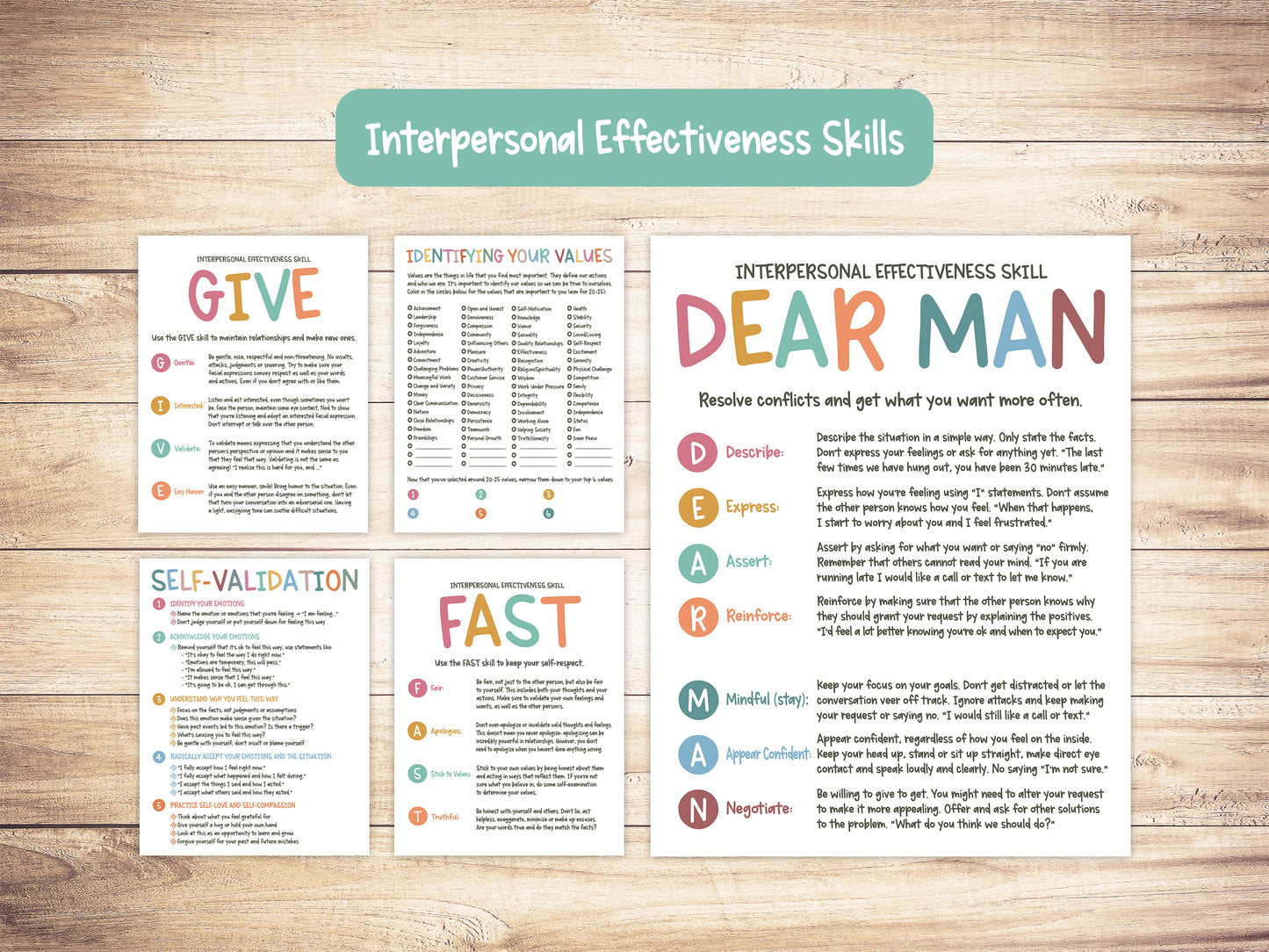
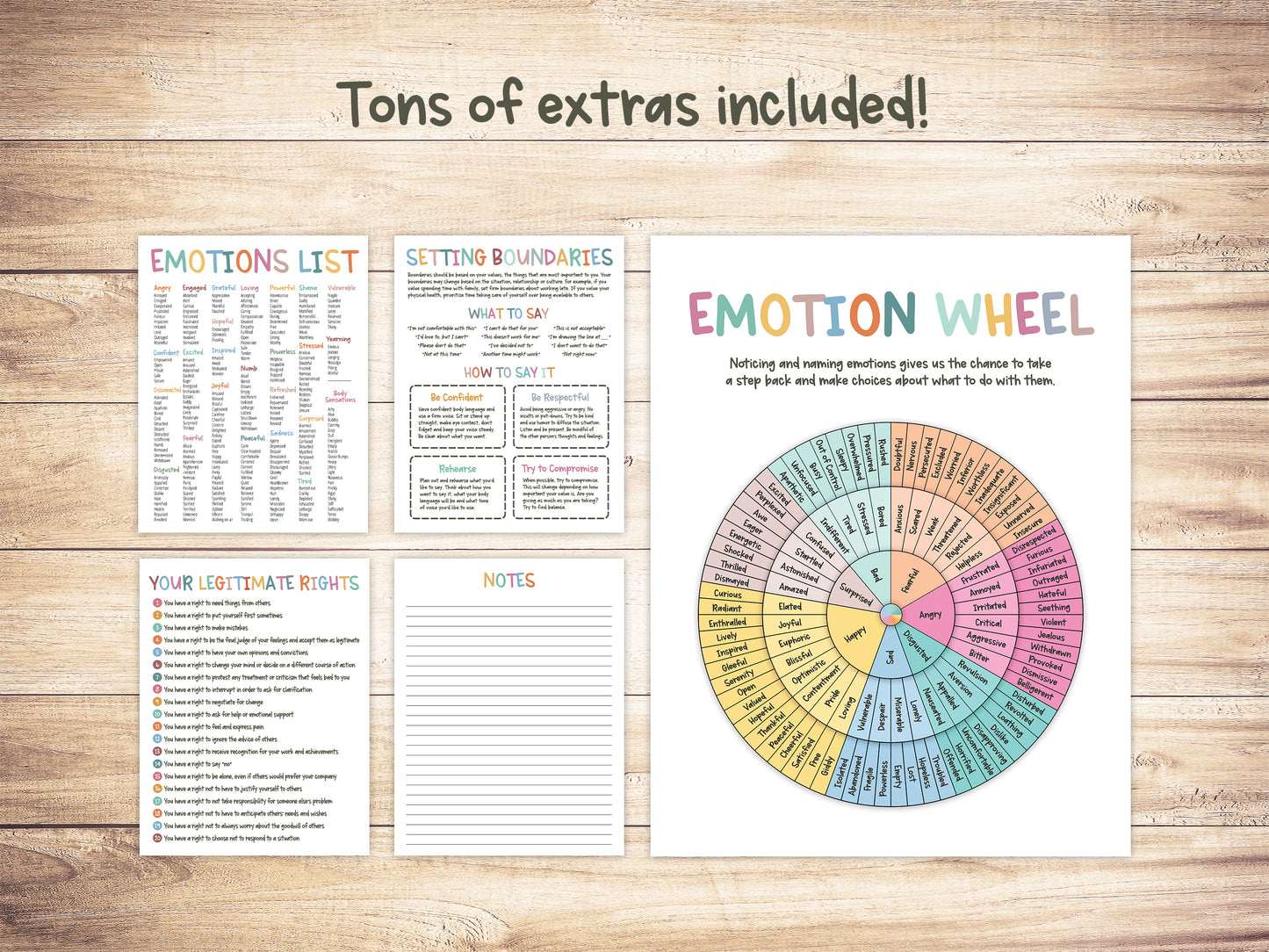
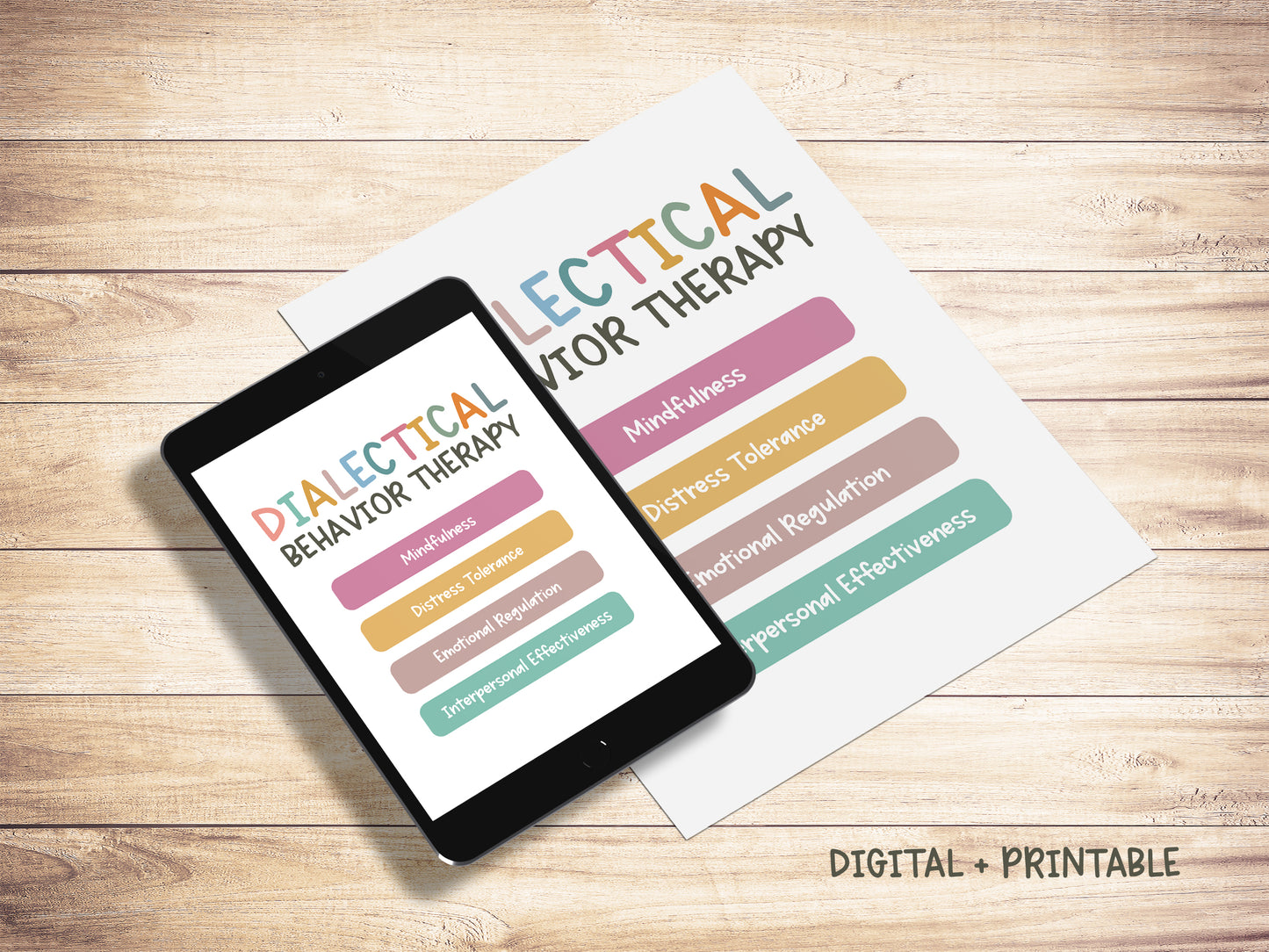
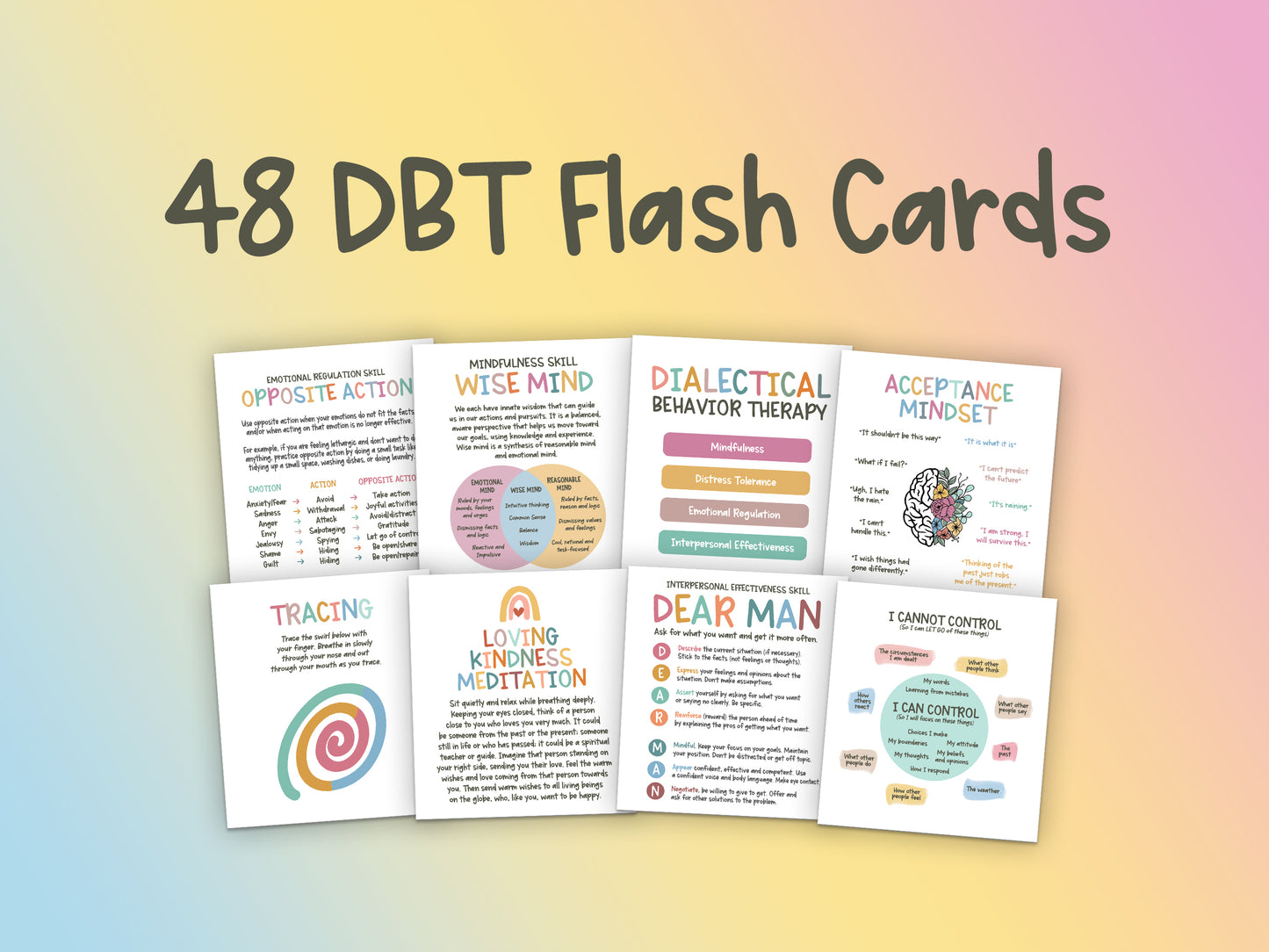
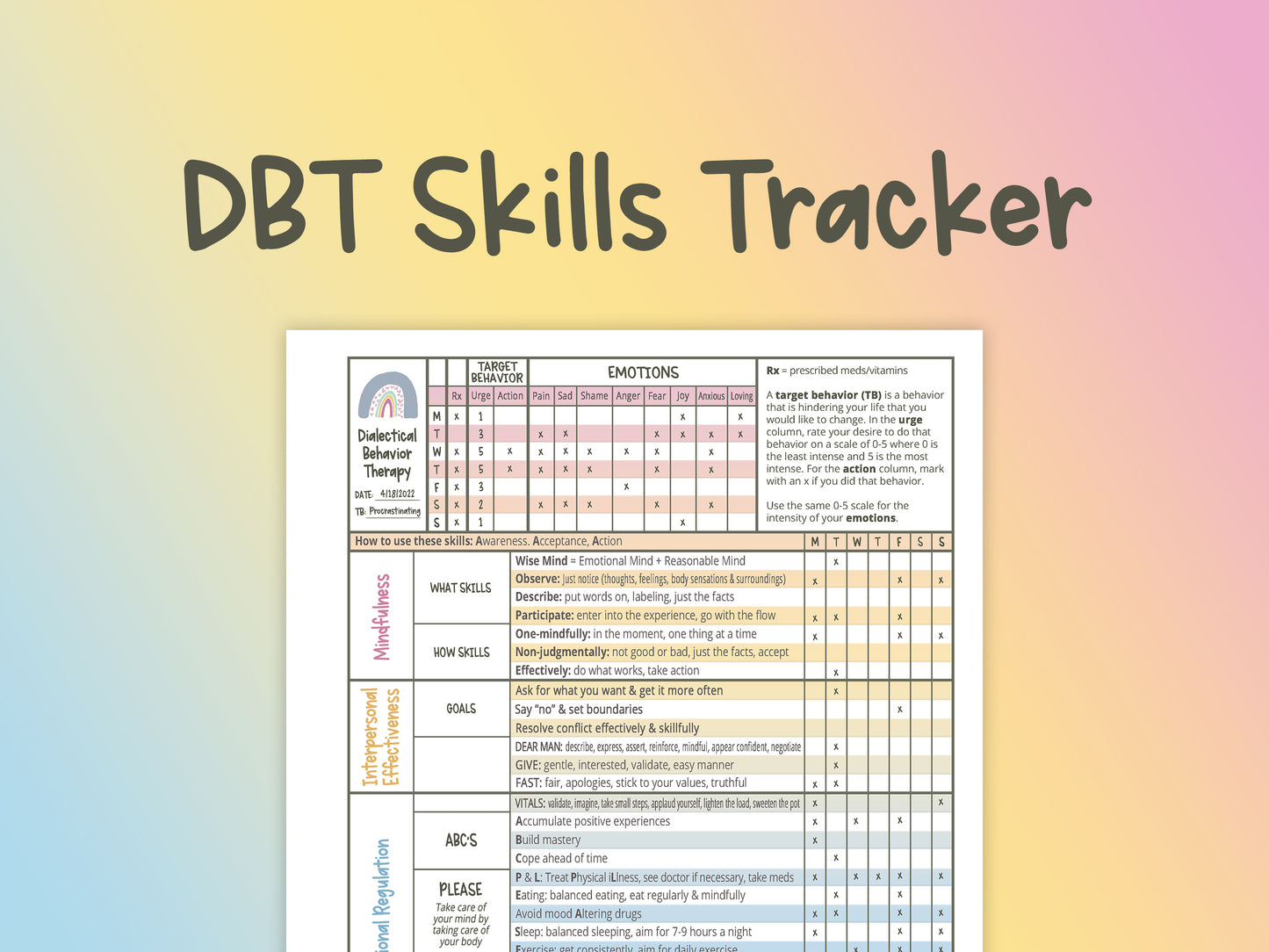
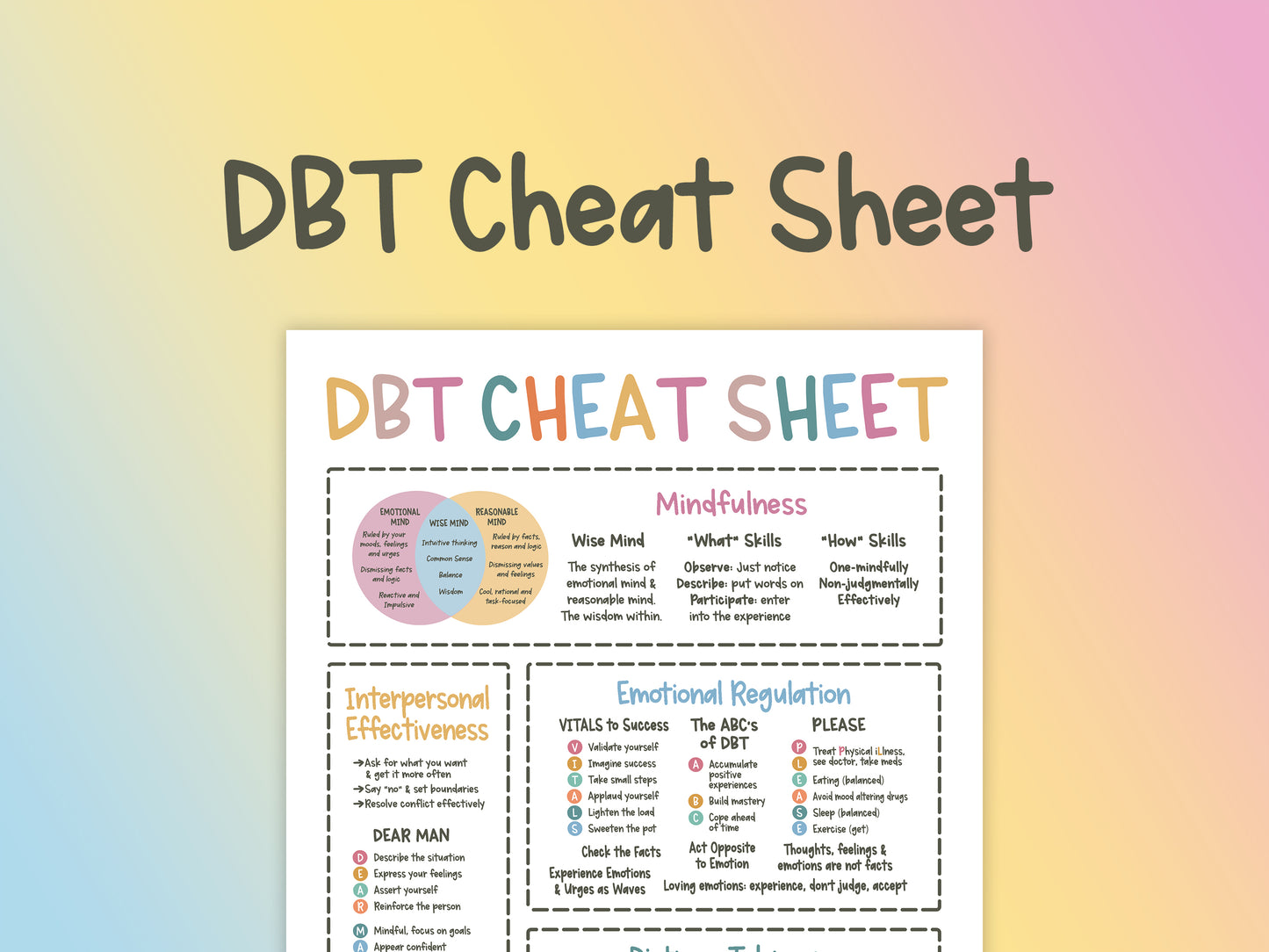
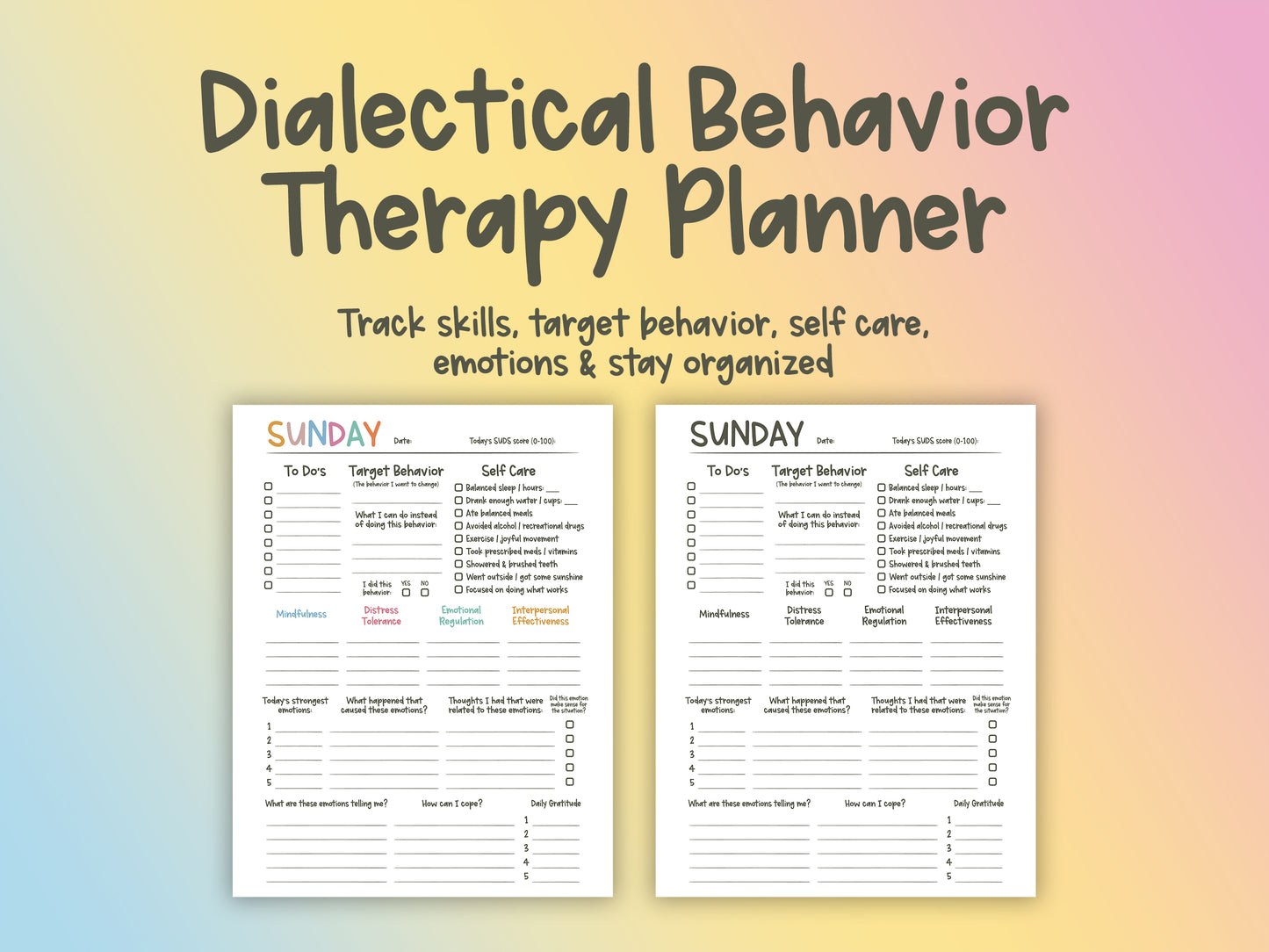

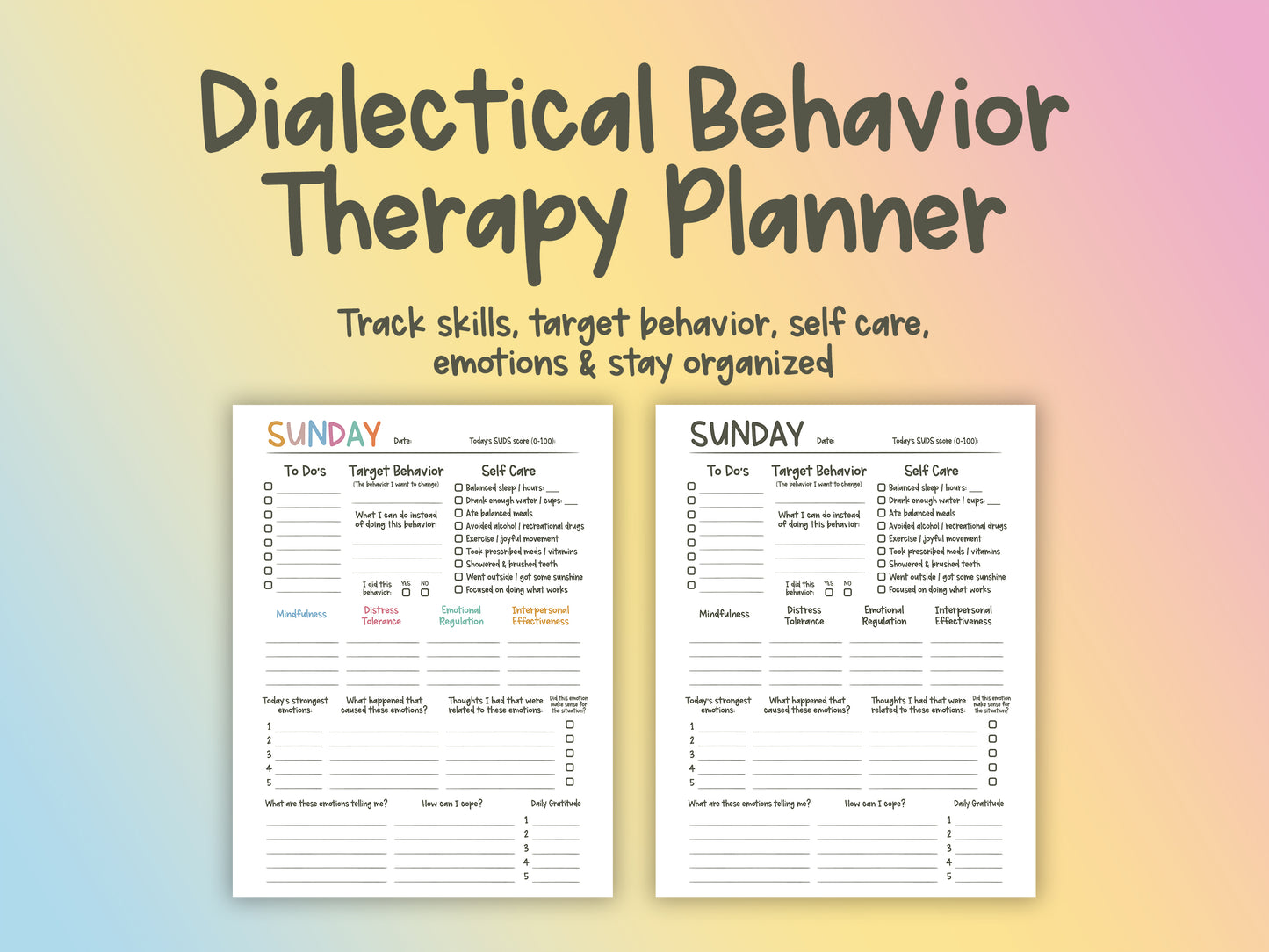
2 comments
DBT mindfulness skills serve as the foundation for all other skills. Being aware of our bodily sensations, emotions, and ideas enables us to respond rather than react. More information is available at https://truetherapy.org/accepted-insurances/.
DBT mindfulness skills serve as the foundation for all other skills. Being aware of our bodily sensations, emotions, and ideas enables us to respond rather than react. More information is available at https://truetherapy.org/accepted-insurances/.